Lithium battery electrolyte additives play a key role in lithium-ion batteries, and can be targeted to improve the battery's reversible capacity, cycle performance and safety performance.
Film-forming additives: such as fluorinated ethylene carbonate (FEC), ethylene carbonate (EC), which can form a stable solid electrolyte interface (SEI) film on the surface of the negative electrode and improve the battery performance.
Flame retardant additives: such as Trimethyl Phosphate (TMP), used to improve the safety of the battery, to prevent overheating and fire.
High voltage additives: such as vinyl sulphate (VEC), used to improve the stability of the battery at high voltage.
Overcharge protection additives: such as p-toluene terephthalonitrile (PTMN), used to prevent the battery from overcharging.
Conductive additives: such as lithium fluorosulfonate (LiFSI), used to improve the conductivity of the electrolyte.
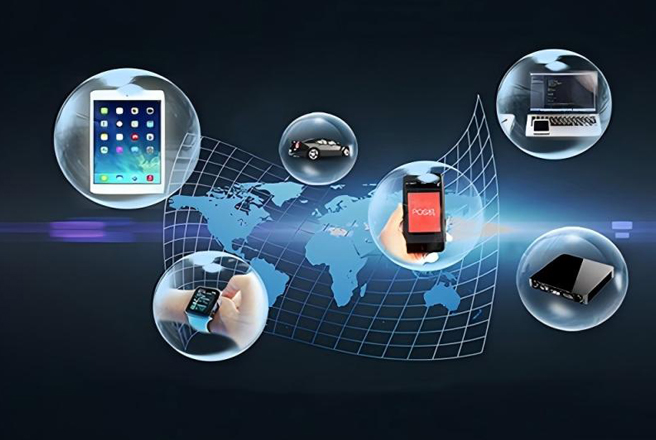
The consumer electronics field is one of the most widely used areas for lithium-ion batteries. From smartphones and tablets to laptops and portable audio devices, almost all portable electronics use lithium-ion batteries as their primary power source.
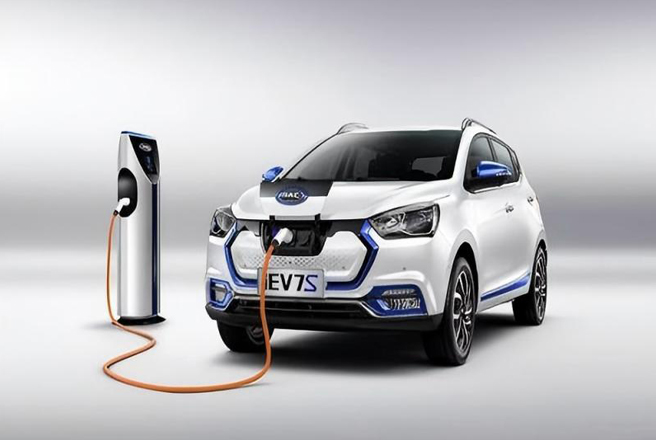
The use of lithium batteries materials in transport has become very widely. The rise of electric cars, electric bicycles, electric scooters and other modes of transport cannot be separated from the high energy density and long cycle life of lithium-ion batteries.

Lithium battery materials are widely used in energy storage systems due to their high energy density, long life, safety and reliability. The energy storage system can provide reliable energy storage and energy dispatch for smart grid, renewable energy and other fields.
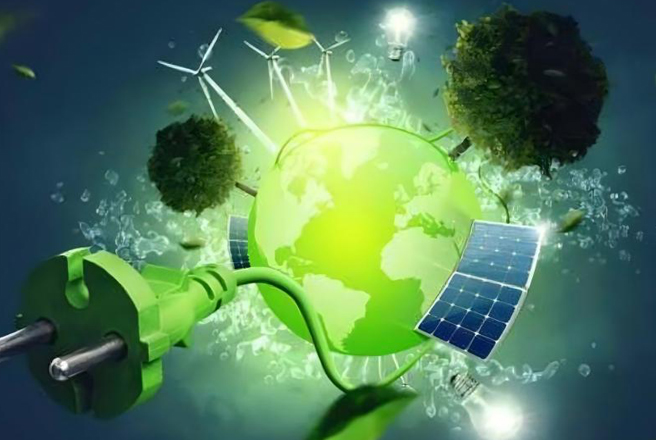
With the increasing global focus on renewable and clean energy, lithium-ion batteries, as high-performance energy storage devices, are playing an increasingly important role in grid energy storage and industrial applications.
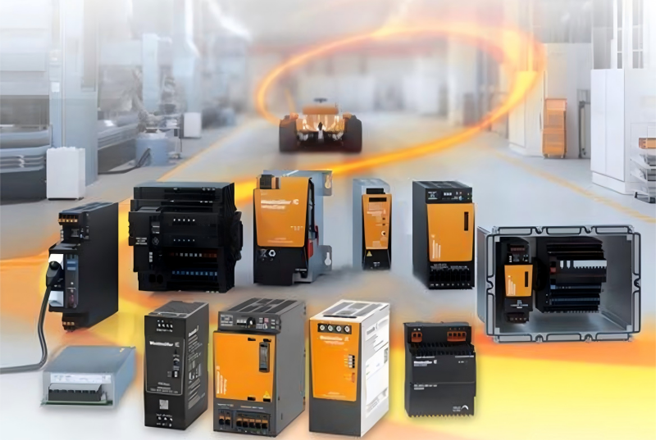
In industrial production, lithium-ion batteries can be used as an energy storage system, and are also used in wireless sensors, emergency lighting, UPS systems and other equipment to provide reliable power support for production.
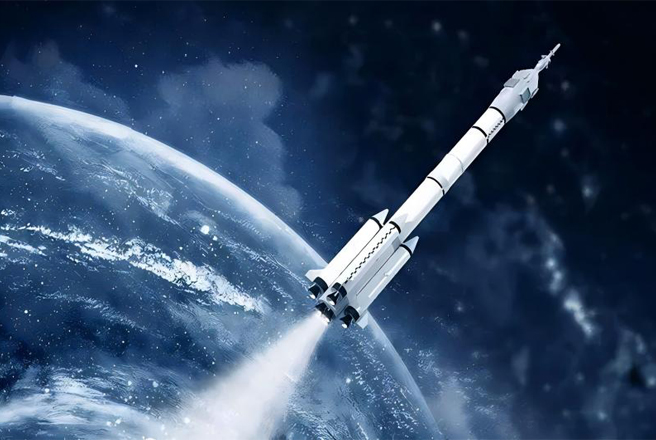
In the aerospace field, lithium-ion batteries are used in the power supply systems of various spacecraft to provide reliable energy support for the launch, flight and operation of spacecraft.